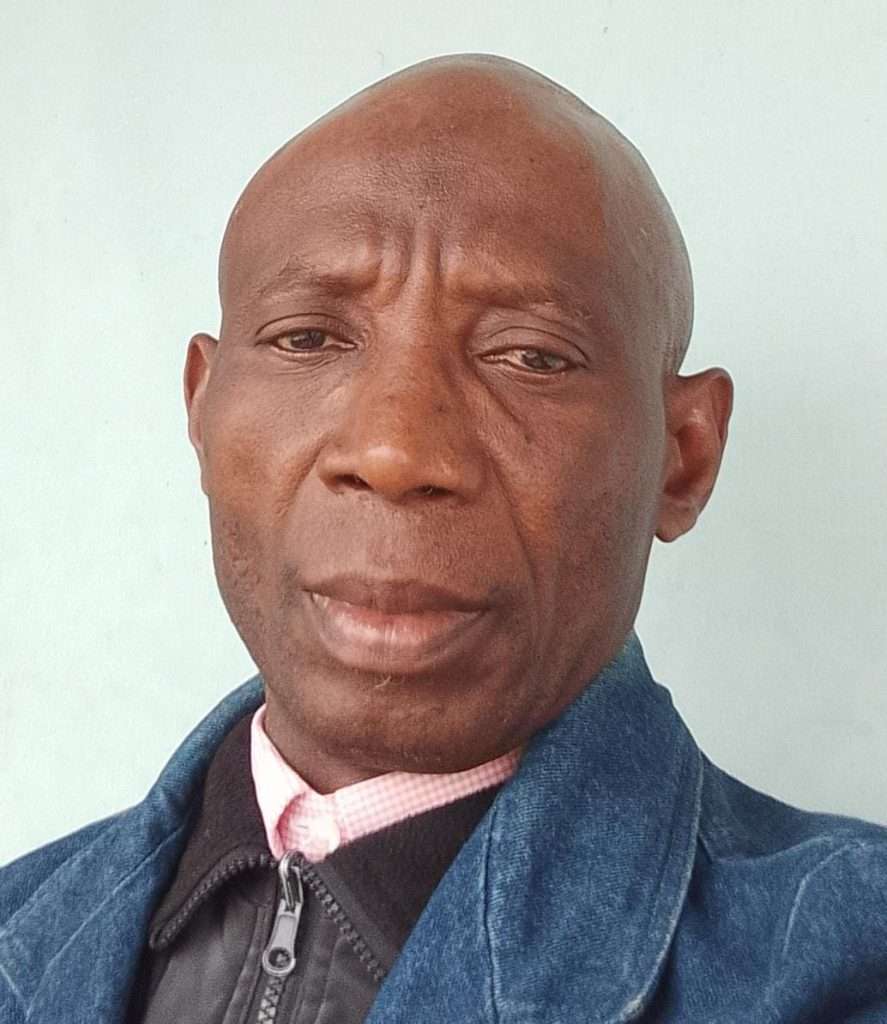


Reforming Education in Nigeria: Beyond Literacy
By Fẹ́mi Akínṣọlá
In Nigeria, the distinction between literacy and education is often blurred. While literacy—defined as the ability to read and write—serves as a foundational skill, it is insufficient on its own to address the multifaceted challenges facing our society. Many literate individuals struggle with critical issues, highlighting that literacy alone does not equate to effective education. Education encompasses a broader spectrum of knowledge and skills that are essential for addressing societal problems and fostering genuine personal and communal growth.
One significant limitation of literacy is that it does not guarantee comprehension or critical thinking. Many Nigerians can read and write but may lack the ability to analyze information or engage with it meaningfully. This gap becomes evident in situations where individuals are unable to critically evaluate news reports, leading to the spread of misinformation and manipulation. Literacy may facilitate access to information, but without the necessary skills to interpret and apply that information, it fails to create informed citizens capable of contributing effectively to society.
Education provides a comprehensive framework that includes critical thinking, problem-solving, and social skills. Programs such as the “Creative Thinking for Critical Thinking” initiative and debate clubs in schools encourage students to engage in discussions, analyze different viewpoints, and develop their reasoning skills. Additionally, project-based learning initiatives allow students to tackle real-world problems, fostering an environment where they learn to think critically and collaboratively. Such educational approaches not only enhance cognitive abilities but also build essential soft skills, preparing students for the complexities of the workforce.
Moreover, education is vital for addressing corruption in Nigeria. By fostering critical thinking and ethical reasoning, educational programs can cultivate a generation that values integrity and accountability. Incorporating courses on ethics, civic responsibility, and governance into the curriculum helps students understand the importance of transparency and the rule of law. Educated individuals are more likely to challenge corrupt practices and advocate for good governance, thereby contributing to a more just society. When students learn the principles of ethical leadership, they are better equipped to serve as responsible citizens and leaders in their communities.
Furthermore, education is crucial for economic development. While literacy may open doors to basic employment opportunities, it is often insufficient for higher-paying jobs that require specialized knowledge and skills. In a rapidly changing job market, education fosters adaptability and innovation—qualities that are essential for economic growth. Countries that invest in comprehensive education systems tend to experience more robust economic progress, while those that rely solely on literacy face stagnation. By prioritizing education, Nigeria can create a workforce that not only meets current demands but is also prepared for future challenges.
Prioritizing education over mere literacy also yields long-term societal benefits. An educated population is more likely to engage in civic activities, participate in the democratic process, and contribute to community development. This civic engagement fosters social cohesion and a sense of shared purpose, which are crucial for national development. Furthermore, education promotes health awareness, leading to better health outcomes as individuals make informed choices about their well-being. A society that values education is likely to see reductions in health disparities, as educated individuals tend to prioritize preventive care and healthy lifestyles.
Education encourages a culture of lifelong learning, equipping individuals with the skills to adapt to changing circumstances. This adaptability is vital in a globalized world, where new technologies and ideas continually reshape the landscape. By investing in education, Nigeria can cultivate a more informed, engaged, and productive citizenry capable of driving meaningful change. Lifelong learners are not only more resilient in the face of challenges but also more innovative, contributing to a dynamic economy and society.
Additionally, education fosters creativity and entrepreneurship, essential components for driving economic growth in Nigeria. By encouraging students to think outside the box and develop their unique ideas, educational programmes can inspire the next generation of entrepreneurs. This creativity not only stimulates job creation but also contributes to the diversification of the economy, reducing dependency on traditional sectors. Programmes that promote entrepreneurship education, such as incubators and mentorship initiatives, help students turn innovative ideas into viable businesses.
The impact of education on gender equality must also be highlighted. Educated women are more likely to participate in the workforce, make informed decisions about their families, and advocate for their rights. By prioritizing education for girls, Nigeria can empower a generation of women who will contribute to economic growth and social progress. Gender-inclusive educational policies can help dismantle societal barriers and promote equality, benefiting the nation as a whole.
In conclusion, while literacy is an important skill, it is not synonymous with education. For Nigeria to tackle its pressing social and economic challenges, a focus on comprehensive education is essential. Education equips individuals with critical thinking, problem-solving abilities, and social skills necessary for personal and societal advancement. By investing in education rather than relying solely on literacy, Nigeria can cultivate a more informed, engaged, and productive citizenry capable of driving meaningful change. Ultimately, true progress requires a commitment to holistic education that addresses the complexities of modern life, ensuring that literacy serves as a stepping stone rather than an endpoint. Additionally, embracing technology, fostering community involvement, and pursuing international collaboration will further enhance our educational landscape, paving the way for a brighter future.
© 2025 Fẹ́mi Akínṣọlá. All rights reserved.
This work is protected under copyright law. Unauthorized reproduction or distribution is prohibited.








